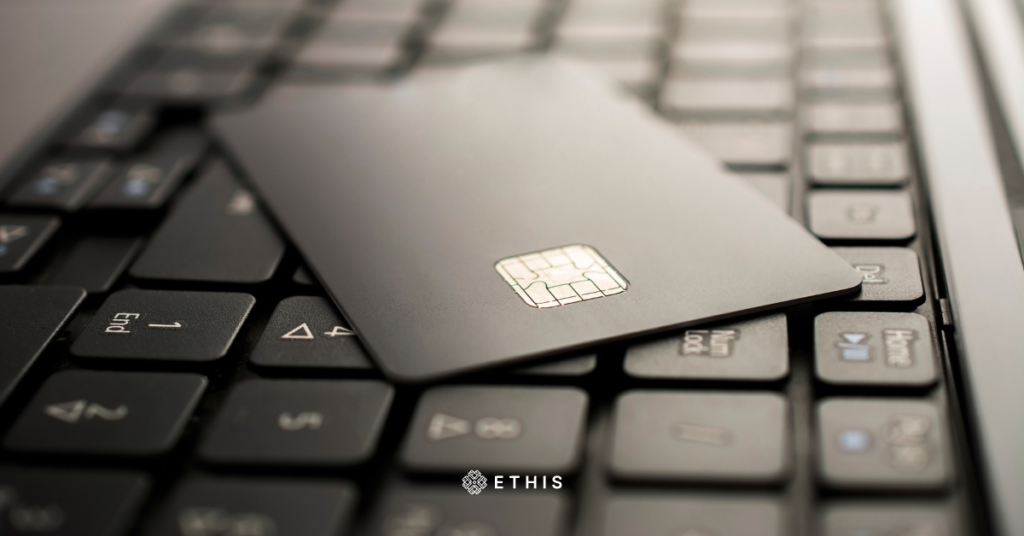
Let’s examine some of the philosophy behind minimalism and its main ideas and how they relate to personal finance.
The common outlook on financial abundance for most people revolves around achieving maximum wealth no matter the purpose or objective. However, this perspective is beginning to change for most developing societies around the world.
There is an aspect of quality over quantity that is beginning to draw more attention to those who want more fulfilment attached to their money goals, and this is where the dualism of minimalism and financial management can come in handy.
At first look, financial minimalism seems self-explanatory, but there are elements to the strategy that go far further than you may anticipate.
Spending less and conserving money are just the beginning of it. Sure, that’s the general notion, but putting it into practise requires a little more work and comprehension.
What is minimalism?


Living with less resources, whether they be in the form of physical items or other conceptual forms of excess in our lives, is the goal of minimalism (which refers to the lifestyle movement and not the art or music movements under the same label). It’s a style of being that centres on letting go of extraneous plenty and finding contentment in only the things that matter.
One’s conception of things like ownership, possessions, pleasure, and societal expectations are all put into question by minimalism. Online resources for this ideology include movies, blogs, and entire groups. These resources frequently depict people from many walks of life throwing away a lot of their possessions or roaming about empty homes with a contented expression on their faces. For someone on the outside, it may appear unusual, but the truth is that minimalism has helped a lot of people, which is why it’s gaining popularity.
Why is it important?


Alain De Botton, a British philosopher, frequently discusses the reasons why an average existence isn’t desirable anymore, particularly in a world where there are more external influences than ever before, including pressures from peers and colleagues, friends and family, media and culture.
An ordinary life is currently unheard of in the majority of industrialised and emerging societies worldwide. We take for granted basic necessities like access to education, modern technology, and entertainment as well as flowing water, reliable shelter, ample food, and running water.
Instead of the typical life we are experiencing, many of us desire an extraordinary one. Aspirations are generally healthy, but the societal structures we’ve created tend to push us in the direction of an intense desire for more and more, until we lose ourselves in an unforgiving and ultimately futile quest.
How does it apply to finance?


Financial minimalism is, to put it simply, a balanced lifestyle that involves minimalist spending and saving practises. By eliminating noise in other areas of your life, it enables you to concentrate on the things that are most important to you.
You would be mistaken to believe that minimalism entails living with only a pair of shoes, a few pieces of clothing, and a sparse space furnished with nothing but the minimum necessities.
Anyone may adopt a minimalist lifestyle, and each person will do so in their own unique way.
An unhealthy fixation with excessive wealth can cause a number of problems in terms of money. Due to being delusional about the possibility of outrageous wealth, you can invest poorly or take unnecessary risks. You can fall victim to fraud (many criminals lure you in with the promise of riches).
While the tenets of the financially comfortable are specificity and emotional fortitude. When making important financial decisions, use your intellect rather than your heart, as Warren Buffet and other famous investors might urge new investors. Additionally, be explicit about the numbers you’re shooting for and the long-term objectives you’re pursuing. The most important question to ask is Why?



Benefits of financial minimalism


1. Cutting costs
The most obvious advantage of living a life of financial minimalism is spending less money (on items you probably won’t need, like impulse purchases).
As you declutter your belongings Marie Kondo-style, you’ll have a healthier bank balance and be better able to live within or below your means because you’ll have fewer things to buy and perhaps some things to sell.
2. Reducing anxiety
Naturally, spending less will result in less concern.
You may concentrate on creating a budget for necessities if you have fewer subscription services, credit cards, and other financial commitments.
3. Living more
You’ll have more money for the things that matter to you, which is one of the best things about financial minimalism. You can spend more on your family, hobbies, and lifestyle if you have less financial obligations.
4. Saving the environment
Additionally, living a minimalist lifestyle encourages you to spend less and reduces your carbon footprint.
Actionable first steps


- Be clear about your financial objectives
What would the amount be in your thoughts that would satisfy you, and why would that be sufficient? The best is to be more specific. The principle of specificity is followed by a lot of business owners, thinking leaders, and financial professionals. Everyone aspires to become a billionaire one day, but few people have a clear plan on how to get there, let alone a compelling purpose for doing so in the first place.
Asking yourself these kinds of questions will help you recognise that your goal is becoming more logical and attainable. Depending on what you plan to use it for, 100 million dollars might change into something more particular.
- Route-planning for financial success
It’s then a good idea to start outlining the precise steps you’ll take to reach this figure over time. What kind of investment vehicles are you looking for? What annual returns are you anticipating? What amount should you put aside? How much extra money should you be bringing in each month? What is not necessary?
The more you plan, the clearer your path to financial enlightenment will be.
- Let go of what you don’t need


The main focus of the minimalist lifestyle is determining what to maintain and what to discard in terms of your habits, assets, expenses, and way of life.
The phrase “Financial Independence, Retire Early” is well-known. It’s a different movement that focuses on financial independence and retiring as early as possible. The simplest method to do this is to match your lifestyle to your earning potential until you find the sweet spot where your savings and earnings are optimised for speed.
Many people are unaware of the relationship between FIRE and minimalism, which is that neither of them is as glamorous as you may think. Successful FIRE proponents have refined their lifestyles to the point that many of us wouldn’t find it all that enticing. They live in modest (but cosy) homes, cultivate their own food, and eschew many of the material indulgences that many of us love so much or have come to take for granted. Many of them ride bicycles and have sold their automobiles.
Even when they become millions, they may hardly resemble the typical wealthy individual. Regardless, they assert that having all of that extra stuff has made them happy than ever. They’ve learned to let go and accept down the traditional ladder to reach their objectives. They’ve even turned it into a way of life.
If you’re feeling overwhelmed about the social and personal expectations of financial success, then consider changing your perspective on money in the first place. Financial minimalism paves a way for the modern individual to repurpose their financial objectives and find better purpose for investing, saving, working, and striving towards essential money goals.





Top Posts
Islamic P2P Crowdfunding Explained
Halal Money Matters: How Muslims Can Balance Deen and Dunya with Smart Islamic Finance
Halal Investments for Singapore Muslims? It’s time for a shake-up in the Islamic Investments scene.
Smart investment for making Halal money
3 Reasons Why Property Crowdfunding is the Smart Investment for You